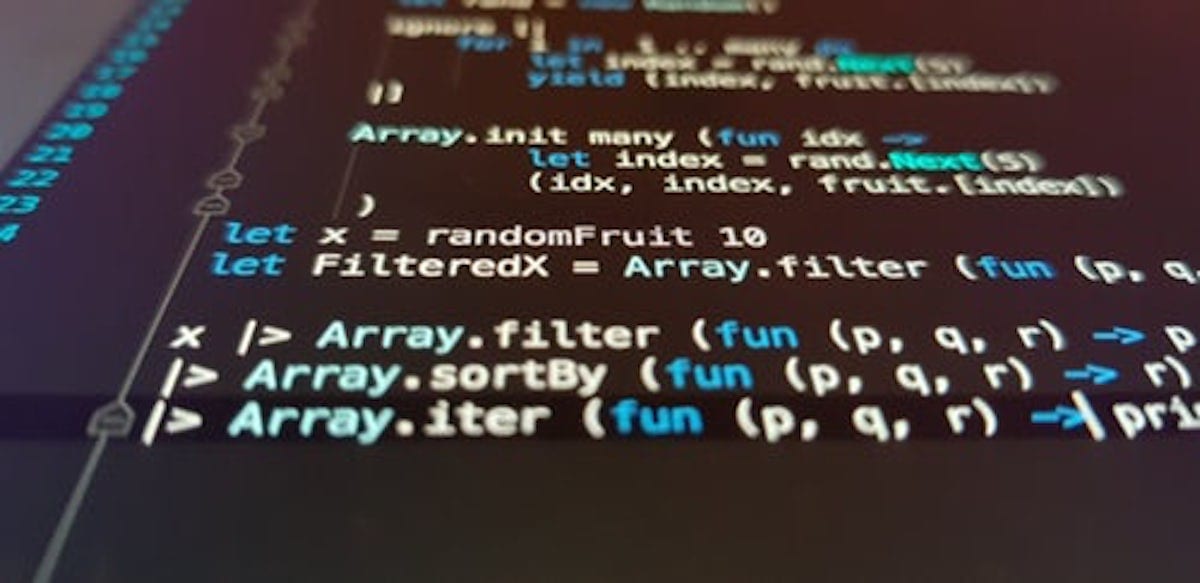Programming languages are everywhere and they impact us in a myriad of ways. Today, you employ computer programs from the moment you wake up from your mobile phone’s alarm to the second you fall asleep to a Netflix show. Becoming familiar with computer programming is vital to staying competitive in a vast variety of professions and makes you a better-rounded employee. People who know at least one programming language have a considerable edge on the competition and, sometimes, this can make or break your career. So, what is a programming language, and which one should you learn?
In this guide, we lay out the basics for you. We give you a rundown on programming languages, point out features common to all of them, and target the right coding language for you. Not all programming languages are made equally, after all, and it’s essential to know which one will help you get ahead. We identify which languages are suited for particular professions, and we offer pointers on the best way to learn them. Soon, you’ll be a coding pro and will be able to parlay your knowledge into a satisfying career.
The Fundamentals
You gotta start with the simple stuff, is what I say: a coding language is defined as a method of communication between a programmer and a computer. The developer uses programming languages to build programs and other instructions the computer needs to perform. Using whichever language is best for the task at hand, the programmer lays out the computer instructions in a step-by-step fashion and most efficient manner possible. Once the code is written and debugged, the computer can read the coding language and execute the required commands.
All of that is more or less universal—every programming language out there has the same goal of executing commands. The trick, then, is to find the language that will get the required job done in the fewest steps while needing the fewest resources. Picking the right language for the right job is a big part of ensuring that a software project goes off smoothly, so it’s worth taking the time to find the best one for your task.

Which Language?
Artificial intelligence (AI) is becoming more prevalent by the day. If AI floats your boat and spins your sails, you’ll want to start boning up on the programming languages that work well with it. You’ll encounter Artificial Intelligence Markup Language (AIML) in your AI travels; it’s a language that enables communication between humans and their robotic brethren. You’ll also get good use out of some more standard programming languages like C, C#, C++, Python, and Prolog, when working with AI. Because these latter languages get good use outside of AI applications as well, you might find that you get more everyday use out of them than you will AIML.
If your goal is to work with more standard business applications and to get into web development, you’ll want to focus on languages such as Java, Swift, or Visual Basic. You also can’t go wrong picking up C, C++, C#, and D; all of these guys are excellent methods for getting the most out of your program for minimum fuss and effort. If game development rings your bell, you can add DarkBASIC to those languages.
Understanding what computer languages are and which ones to learn can seem like an impossible task. The alphabet soup of languages (C! D! C#!) can make you feel dizzy and overwhelmed, but we’re here to help you learn how they all fit together. Once you know which programming languages to study and how to use them, your career horizons will broaden and, before you can say “Java,” you’ll be a multilingual coding machine.
About us: Career Karma is a platform designed to help job seekers find, research, and connect with job training programs to advance their careers. Learn about the CK publication.



